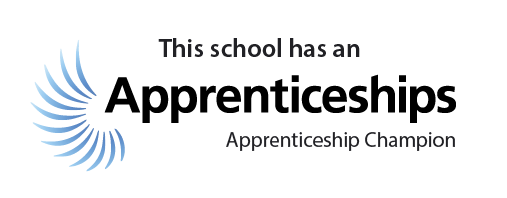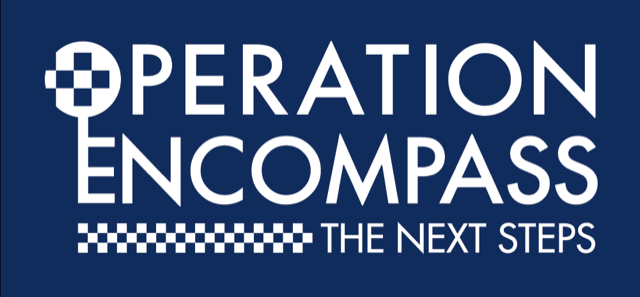27 April 2015

Last Friday we had the pleasure of welcoming Ms Brenda King MBE to LSA.
Ms King travelled from London to speak to year 10 language students about the importance of Languages in the European Union and also how the decision making process works within the committee of the EU. Our students asked some interesting questions and learned a great deal about how these decisions are made especially when the EU are called upon to make urgent ones like the current migrant issue in the Mediterranean. We learned about the Economic and Social Committee that Ms King participates in and its role within the EU.

As we approach Election day in the UK on May 7th it was interesting to listen to Ms King tell us about speeches that were to take place in the UK by Ed Miliband and David Cameron where they will bring up the issue of migrants making the treacherous crossing of to mainland Europe and what these politicians had discussed and agreed upon in the crisis meetings of the EU council.
She also spoke about the role of translators and their importance to the EU meetings. Many of the translators speak up to 5 languages though the EU still falls short of native English speakers working for them who are bi- or tri-lingual. Our budding linguists here at LSA could certainly be stepping in the right direction for a future career in Europe.
We thank Brenda King, MBE for taking the time to visit our students with the hope that it has inspired them to utilise their language skills in their future careers.












